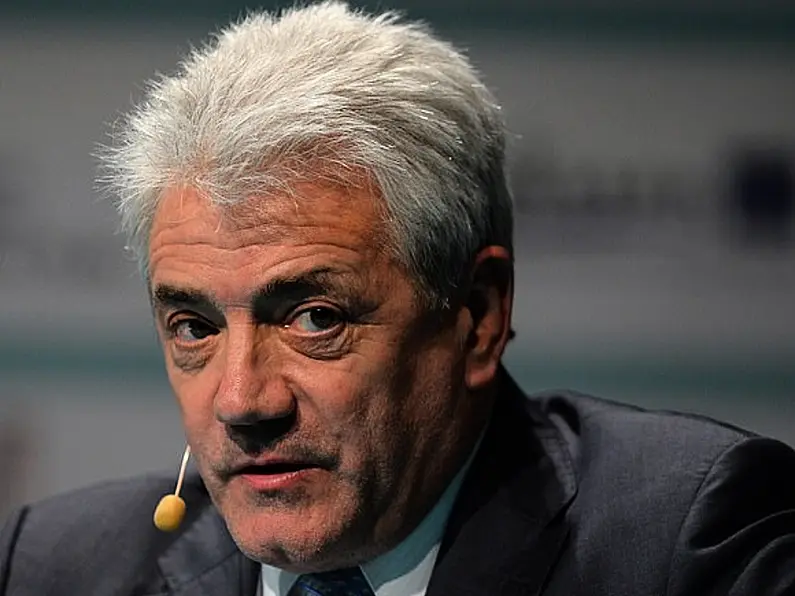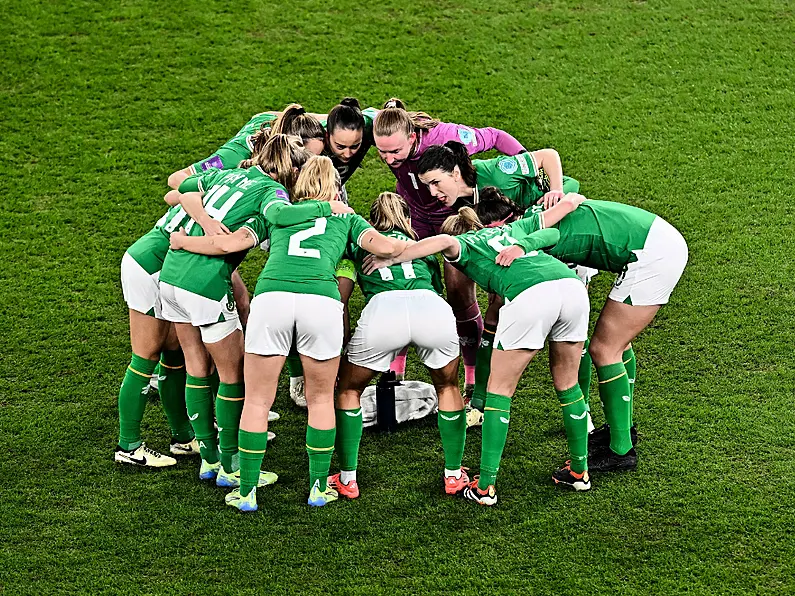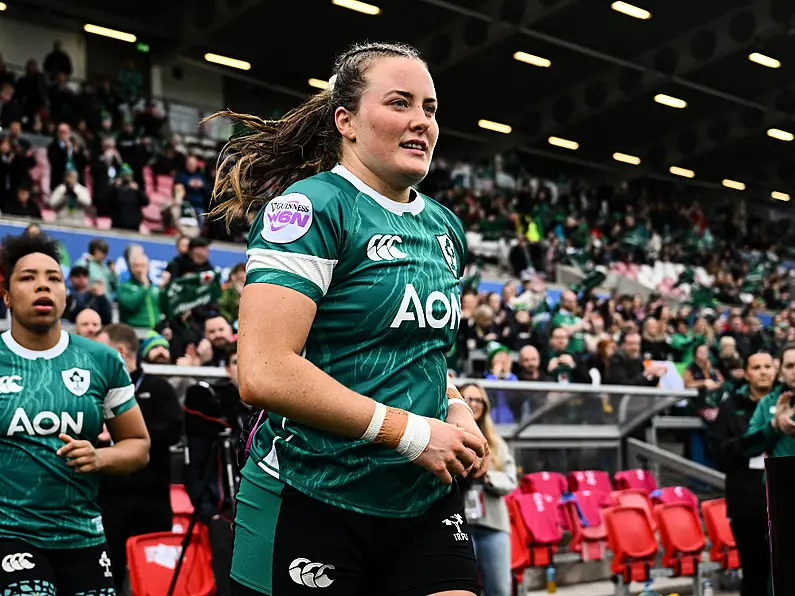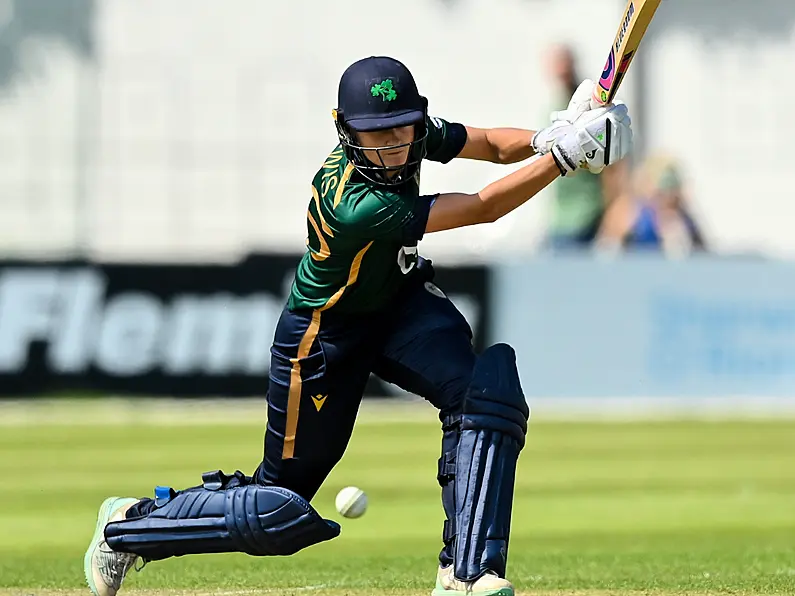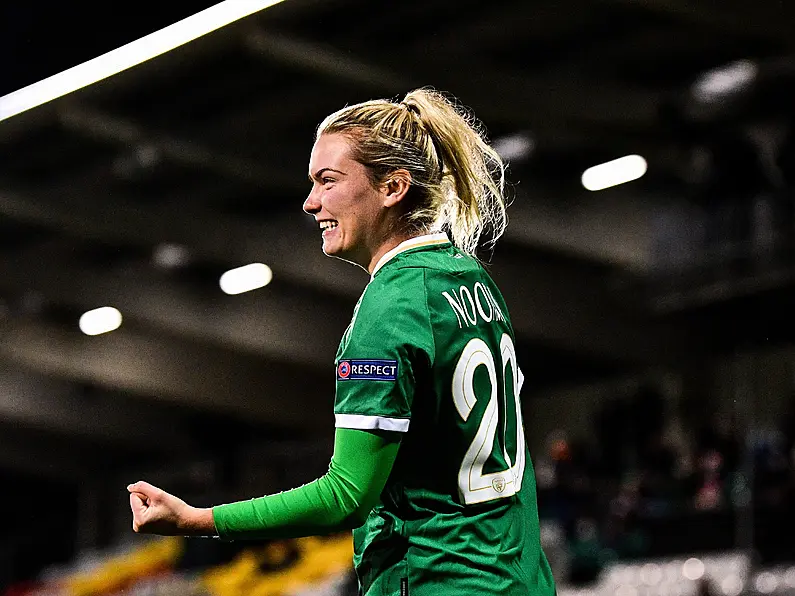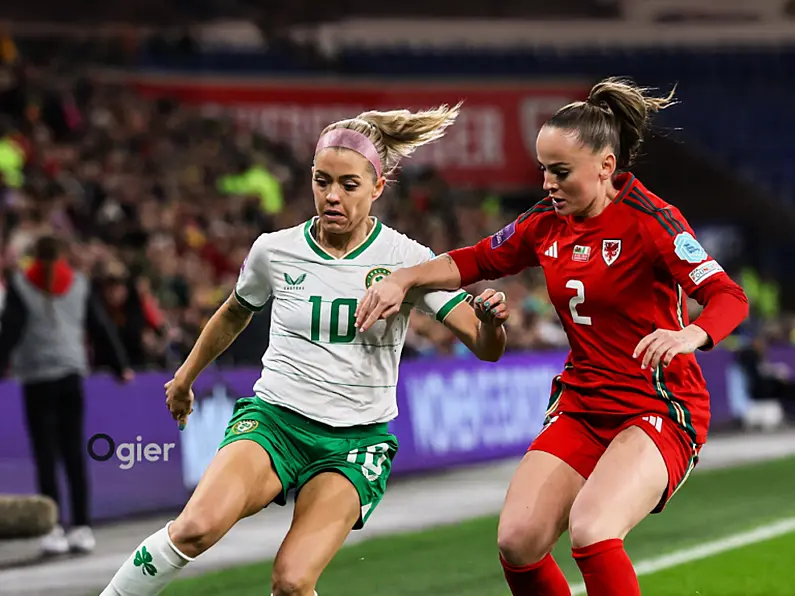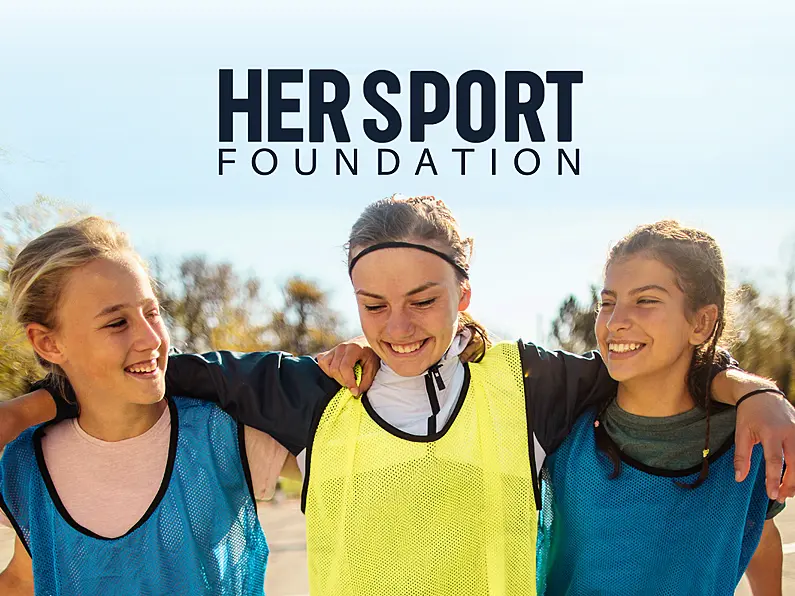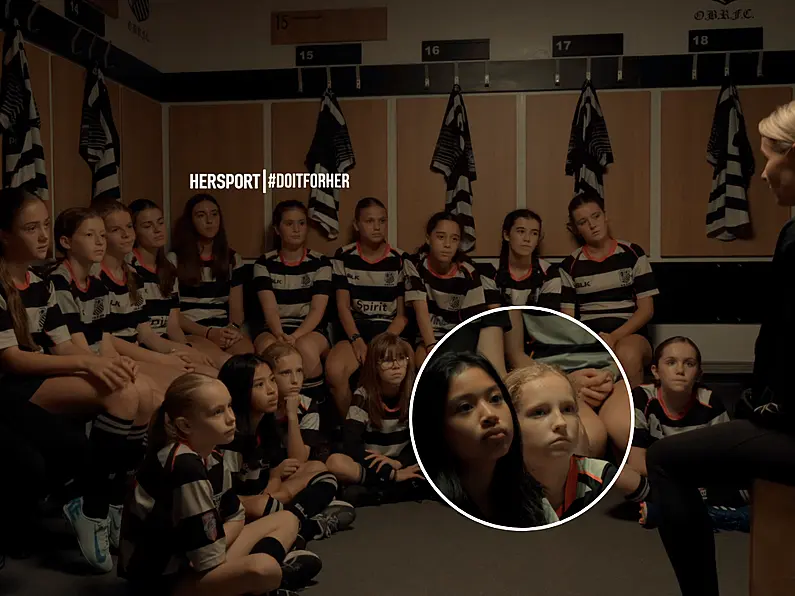Former England manager Kevin Keegan has found himself at the center of controversy after making remarks about female football pundits. Speaking to an audience in Bristol, Keegan suggested that female pundits weren't convincing when covering England men's games, stating,
"I don't like to listen to ladies talking about the England men's team at the match because I don't think it's the same experience."
He added: “if I see an England lady footballer saying about England against Scotland at Wembley and she’s saying, ‘If I would have been in that position I would have done this,’ I don’t think it’s quite the same. I don’t think it crosses over that much.”
Kevin Keegan says he has 'a problem' with female pundits talking about the men's game, insisting: 'I don't think it crosses over that much'
via https://t.co/4N6UmtO8sD https://t.co/A3x9AoPqub— Bob For A Full Brexit (@boblister_poole) October 5, 2023
His comments drew immediate backlash, with many accusing him of misogyny. Women In Football, an organization dedicated to advancing women's ambitions within the game, criticized Keegan's remarks. They stated, "Kevin Keegan seems to be advocating a kind of gender apartheid in football, whereby the men's game can only be discussed by men, and 'ladies' are banished to a separate room."
While there are now more women in major sports television roles than ever before, the same cannot be said for sports talk radio. According to Talkers, via the Women's Media Center's The Status of Women in Media 2021 report, there were no female personalities among the top 100 hosts in 2021. The decline of women is higher after four years in the profession, despite the fact that more women than males graduated from journalism programs at the undergraduate and graduate levels; this result is true across all media, not just sports. There continues to be an imbalance in the quality and quantity of sports coverage of women, by women, compared to that of men.
Here's my thoughts on today's comments made from Kevin Keegan ✍️ pic.twitter.com/ylft7GMdto
— The Road End Podcast (@TheRoadEndPod) October 5, 2023
While some, including Bristol Rovers manager Joey Barton, supported Keegan's views, others, like former England international Karen Carney, pointed out that women in football often face online abuse and harassment. Carney had deleted her Twitter account after receiving online abuse over remarks she made about men's football. Carney, Jill Scott, and Alex Scott are among England internationals who regularly appear as pundits on men's matches, challenging stereotypes and contributing valuable insights. Additionally, BBC commentator Robyn Cowen, known for her exceptional commentary skills, has become a prominent figure in football broadcasting, especially during the women's Euros.
Cowen's commentary stands out for its focus, clarity, and emotional connection with the game and her work demonstrates how the women's game has improved upon the men's. Digression is rampant in commentary boxes and frequently, the play will progress in its entirety while the commentator is discussing something else. This tends to happen because a commentator and a pundit now typically share airtime and must talk to one another. These conversations become aimless chitchat on a regular basis, and in the meantime a football game is taking place. It can be challenging to strike a balance between commentary and pundit input, but Cowen, who had former England international Rachel Brown-Finnis alongside her for the World Cup, has found a happy medium. A commentator should be able to focus on the game, read the action, contextualize, process what is happening in real time, and find the appropriate words to express it. Yet, few pundits actually do. Cowen is a brilliant example of a better commentative experience, and how women's presence on the pundit stage has advanced beyond the men's.
When influential figures like Keegan make such comments, they risk lending credibility to the underlying, simmering sentiment in football that women need to prove themselves repeatedly. In an environment where women continue to battle for respect from their peers and audiences, Keegan's comments could have profoundly negative consequences, undermining the progress made over the years. This encouragement of outdated beliefs can manifest in vehement agreements in comment sections and further perpetuate the underrepresentation of women in sports media. Former England international Lianne Sanderson responded with a tweet, saying:
"He's irrelevant. But I would absolutely 'Love it' if he would shut up! Those comments are not needed. It's a shame people feel threatened by some of us."
I won’t be doing any interviews about Kevin Keegan’s comments. I won’t be bringing light to misogyny.He’s irrelevant. But I would absolutely
“ Love it “if he would Shut up!Those comments are not needed. It’s a shame people feel threatened by some of us. Unlucky for those people!— Lianne Sanderson (@liannesanderson) October 5, 2023
The controversy highlights ongoing challenges faced by women in football, both on and off the field, as they strive for equality and respect within the sport. The way that female athletes are portrayed to the world pertains to who narrates their stories and accomplishments; stereotypes about women in general and female athletes in particular still permeate sports commentary. Spectators watch sports for a variety of reasons, but one of the main ones is that they enjoy the viewing/listening experience. Participating in sports has numerous advantages for girls and women , from improved self-esteem and mental wellness to greater academic performance and advancement in their careers. Female athletes can be motivated to play sports to the fullest extent by watching and listening to broadcast sports. Football commentary benefits from diverse voices and perspectives, making it crucial to challenge outdated views and support inclusivity in the field.
